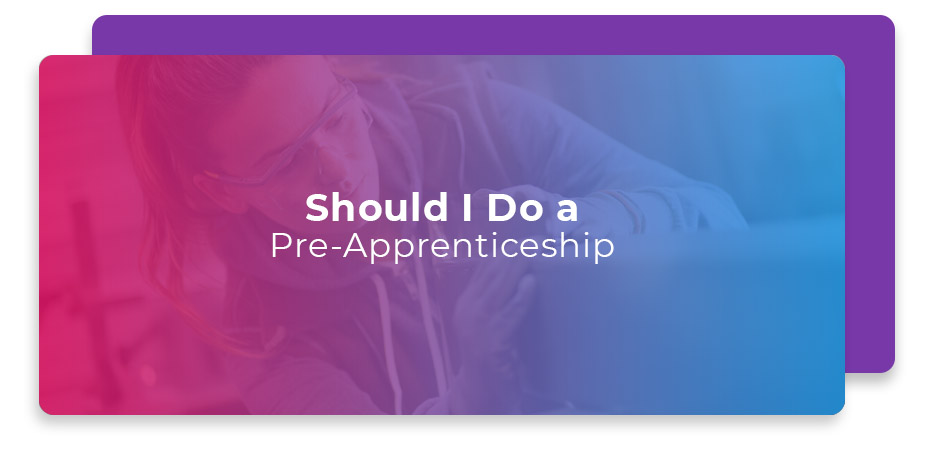
Summary: While you may not be able to predict all interview questions, the right preparation can help you answer interview questions confidently.
How to Answer Interview Questions
Whether you’re sending your résumé for the first time or just got a call back with a request to schedule an interview, job interviews can feel like a tightrope walk between presenting your best professional self and successfully handling the questions and answers. Preparation is the key to handling the tough questions. Most interviewers throw in behavioral or situational questions that ask you to respond to a typical work issue. For example, “What do you do when your schedule is interrupted? Give an example of how you would handle it.”
In this article, we’ll discuss tried-and-true ways for how to answer interview questions in HR’s top categories.
1. Your Commitment and Passion

Do you really care about the company you’re applying to or the position you are applying for? A typical question to assess your passion and commitment to the company might be, “Why do you want to work for this company?” To prepare for this type of question, study the job description and learn all you can about the company before your interview.
An example of an appropriate response might be, “One of the many reasons I want to work for XYZ Company is its outreach work to underserved communities. In my previous job as a customer service manager, I was responsible for leading and organizing our company’s charitable activities. We partnered with community programs and participated in the local school’s reading initiative.”
2. Your Team Skills
How well do you communicate and work in a team or group environment? A potential question from an interviewer to assess how well you work with others might be, “How would your teammates describe you?” or “Describe your ideal approach to determining team assignments for a project.”
To prepare for these types of questions, think about your previous work scenarios where you had to work with a group of people and how you interacted with them. A sample response might be, “When I worked in a team previously, we each would discuss and share our skills that could contribute to the project. As a visual designer, I volunteered to prepare the charts and presentation pieces for the team, checking in with them for their input and ideas.”
An employer wants to hear about situations where you demonstrated cooperation and collaboration in a group setting. At work, you meet a variety of people with a variety of personalities. How you interact proactively and positively with individuals and groups in accomplishing your tasks is an essential and necessary skill.
3. Your Professional Growth

Your potential employer will want to know how you will evolve as a professional employee within the company. A question you might hear in the interview is, “Where do you see yourself in three years?” As a response, list your professional accomplishments and short-term and long-term career goals. Think about any work-related skills you may want to learn or improve upon.
A sample response might be, “At Metro Solutions, I want to improve my skills in data entry, learn from others in the company, and eventually become a certified IT data analyst.” Or “During my years with Peabody Motors, I went from a sales representative to the manager of the automotive repair department, where we received several customer service awards. I want to continue to improve my customer service skills here.”
4. Your Problem-Solving Skills
Are you confident enough to acknowledge your shortcomings, take responsibility for them, and make adjustments? Employers want to know if you can reflect upon your actions and make positive changes. An employer might ask, “What do you do when there’s a disagreement in the workplace?” or “How do you approach problems?”
To prepare for this type of question, be open and honest and describe a specific situation where you came to a resolution with a coworker. A sample response might be, “I will admit there have been times when I was frustrated with a coworker’s creative differences. For me, I like to wait awhile so I can be calmer before I approach the situation again. I usually respond with, ‘How can we solve this problem or how can we work together to resolve these differences?”
5. Your Time Management Skills

Employers like to see good metrics around productivity and efficiency. How do you prioritize your work and effectively manage your time to complete all of your tasks? The interviewer might ask you to describe how you planned, tracked your progress, and finished your last project. If this question is asked, review major projects or large work assignments you’ve completed in the past and how you managed them. A sample response might be, “With my last project, my team and I looked at the deadline and then worked backward to set task completion milestones. This helped us measure our progress so we could finish on time.”
Use The STAR Method for Interviews
From our sample responses, you can see that employers learn more about you and your work style when you describe work situations and how you handled them. The STAR method is a technique that will help you format responses to interview questions.
To respond to a question, use STAR:
- Describe a specific Situation
- Explain the Task that needed to be done
- State the Action you took
- Tell the Results of your action
Be Confident
It is important to remember that there are no right or wrong answers to any interview questions. The interviewer is just trying to understand how you respond to typical work situations. Listen carefully to the interviewer, take a moment to think about your answer, and then be clear and detailed in your responses. Keep your responses under two minutes long by using the STAR method.
If you are nervous about your interview, enlist a friend and go through a mock practice. You will never be able to predict every question, but with practice, you’ll be able to answer each question with confidence.







